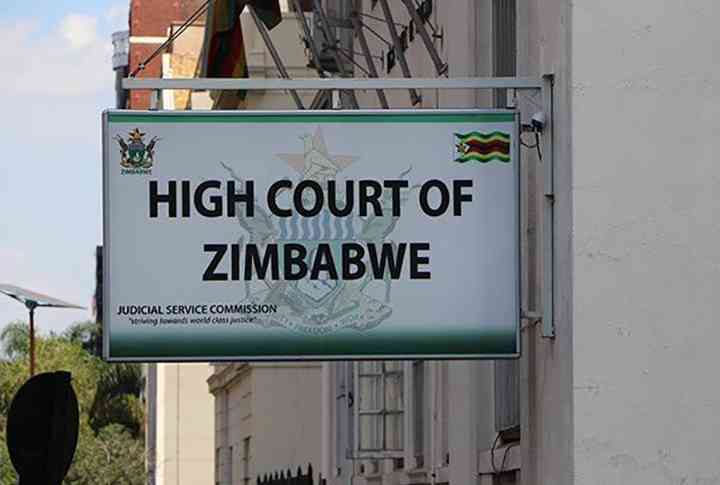
THE High Court has stayed a ruling in which civil servants are challenging the effectiveness of the National Joint Negotiating Council (NJNC) in addressing their salary grievances.
On December 6, 2022, civil servants dragged the employer to court for violating their constitutionally provided right to collective bargaining.
The unions are seeking to assert the right to collective bargaining.
A collective bargaining agreement between an employer and a registered trade union contains terms and conditions of employment or any matter of mutual interest concluded between them.
The application included the Amalgamated Rural Teachers Union of Zimbabwe (Artuz), Zimbabwe Teachers Association, Educators Union of Zimbabwe and Progressive Teachers Union of Zimbabwe.
In a letter to litigants, the High Court Registrar said judgment had been reserved.
“Judgment is still reserved. Parties would be notified once it is ready for handing down,” the letter reads.
In response, Artuz president Obert Masaraure bemoaned the hold-up in delivering the verdict in the case.
- ED’s influence will take generations to erase
- ‘Govt spineless on wetland land barons’
- Govt under attack over banks lending ban
- Zim Constitution must be amended
Keep Reading
“Judiciary is still holding on to the ruling on our application demanding right to collective bargaining,” Masaraure said.
“The case was argued in October 2023 and judgment is still reserved.
“Civil servants are being denied a right clearly provided for in section 65(5) of the Constitution. Workers in the private sector sign binding collective bargaining agreements, but civil servants are stuck with the moribund NJNC process.”
The Consumer Council of Zimbabwe recently revealed that the family basket had nearly doubled to ZWL$6,2 million from ZWL$3,6 million in December last year due to the continued depreciation of the Zimbabwe dollar.
The rise in the family basket has intensified civil servants’ call for review of their salaries to at least US$800 for the lowest paid employee.










